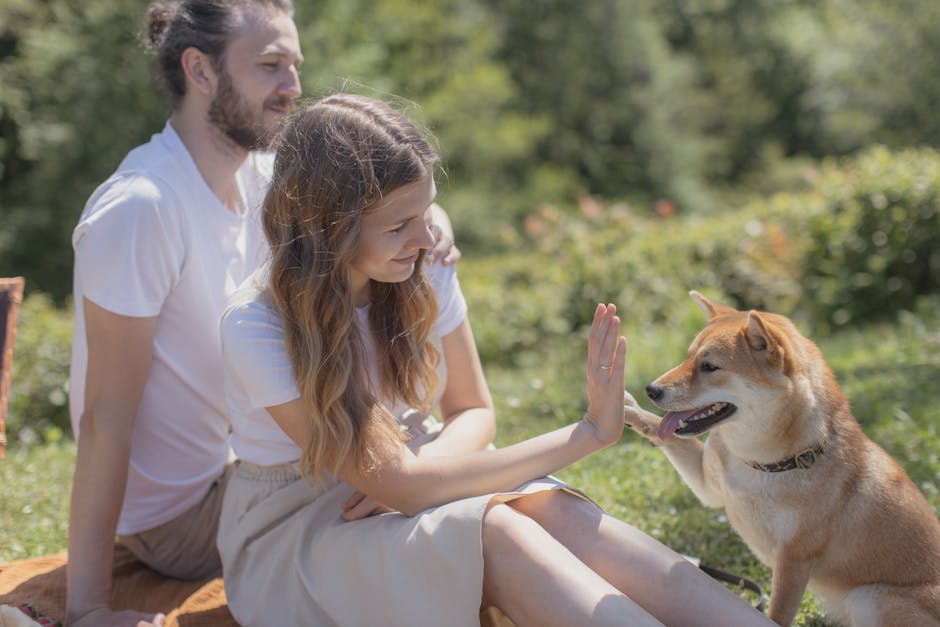Puppyhood is a pivotal period in a canine’s development. Successfully navigating this stage, shaping a well-adjusted adult dog, begins with effective training methods. This comprehensive guide delves into a multifaceted approach, exploring the most successful strategies for raising a happy, obedient, and well-behaved companion.
Understanding Puppy Needs: Laying the Foundation
Before embarking on training, it’s crucial to understand the unique developmental needs of puppies. Puppies possess limited cognitive capacity and short attention spans. Consequently, short, frequent training sessions are paramount. Furthermore, remember that puppies learn through play and interaction, not through punishment or harsh methods. A positive reinforcement approach is demonstrably more effective.
Positive Reinforcement: The Key to Success
This method involves rewarding desired behaviours rather than punishing unwanted ones. A systematic approach using treats, praise, or toys, presented immediately following the desired action, strengthens the link between the behaviour and the reward. This strengthens positive associations and fosters a receptive learning environment.
Choose rewards carefully. Select treats your puppy enjoys, ensuring they are small enough to avoid overfeeding. Also, consider alternative rewards like a favourite toy or a short play session. Praise is invaluable; a cheerful tone and enthusiastic praise, along with a gentle touch, can significantly boost the puppy’s confidence.
Establishing Routine: Predictability and Structure
Puppies thrive on routines. A structured daily schedule helps them understand expectations and promotes predictability. This consistency helps them adjust to their environment, learn boundaries, and develop a sense of security. Routine incorporates feeding, potty breaks, playtime, and training sessions. Establishing a routine creates a predictable environment for the puppy, reducing anxiety and stress.
Housebreaking: An Essential Aspect of Training
Housebreaking is a crucial aspect of puppy training. Employ a consistent schedule for taking the puppy outside, particularly after naps, meals, and playtime. Reward the puppy consistently for using the designated potty area. Use positive reinforcementtreats or praisewhen they eliminate outdoors. Accidents will happen; remain calm and address the issue without punishment. Cleaning up messes thoroughly eliminates lingering odours, which can hinder training.
Socialisation: Crucial for a Well-Adjusted Pup
A crucial aspect of a puppy’s development is socialization. Exposing them to various sights, sounds, and experiences from a young age is vital for fostering a well-adjusted adult dog. Gentle and controlled exposure to different people, dogs, and environments allows them to build confidence and resilience. Ensure interactions are positive and supervised to avoid overwhelming the puppy.
Essential Commands: Building a Strong Bond
A repertoire of fundamental commands, like “sit,” “stay,” “come,” and “down,” forms the backbone of good canine manners. Using these commands allows owners to control and manage their puppy’s behaviour. Emphasise clear cues, positive reinforcement, and repetition.
Using Consistency: The Cornerstone of Success
Consistency is critical in puppy training. Every member of the household should use the same commands and reinforcement methods. This creates a clear understanding for the puppy, reducing confusion and enhancing learning. Consistency builds trust and strengthens the bond between the puppy and its owners.
Addressing Common Challenges: Adapting Your Approach
Puppy training isn’t always straightforward. Understanding potential challenges is essential for adapting your approach. Common issues include chewing, jumping, or excessive barking. Identifying the root cause of the behaviour is key to developing an effective solution.
Addressing Separation Anxiety: A Delicate Balance
Separation anxiety can arise when a puppy feels isolated or distressed when left alone. Gradually desensitise the puppy to being alone using positive reinforcement techniques. Short absences, combined with rewarding calmness when left alone, are key.
Handling Overexuberance: A Gentle Approach
Puppy energy can be overwhelming. Using positive reinforcement to channel this energy into appropriate activities, like structured playtime or obedience training sessions, is ideal. Exercising the puppy is crucial for directing and managing their energy levels, reducing the likelihood of undesired behaviours.
Adapting Training: Tailoring to Individual Needs
Remember, every puppy is unique. Some respond faster to certain techniques than others. Adapting training methods to suit individual personalities and learning styles is vital for success. Pay attention to your puppy’s cues and adjust your strategy accordingly.
Conclusion: Building a Lasting Bond
Puppy training is a journey of learning, patience, and understanding. A positive reinforcement approach, combined with consistency, a structured routine, and early socialization, lays the groundwork for a well-adjusted, happy, and obedient companion. Remember, patience, persistence, and a strong bond are essential ingredients for raising a confident and well-behaved canine companion.
